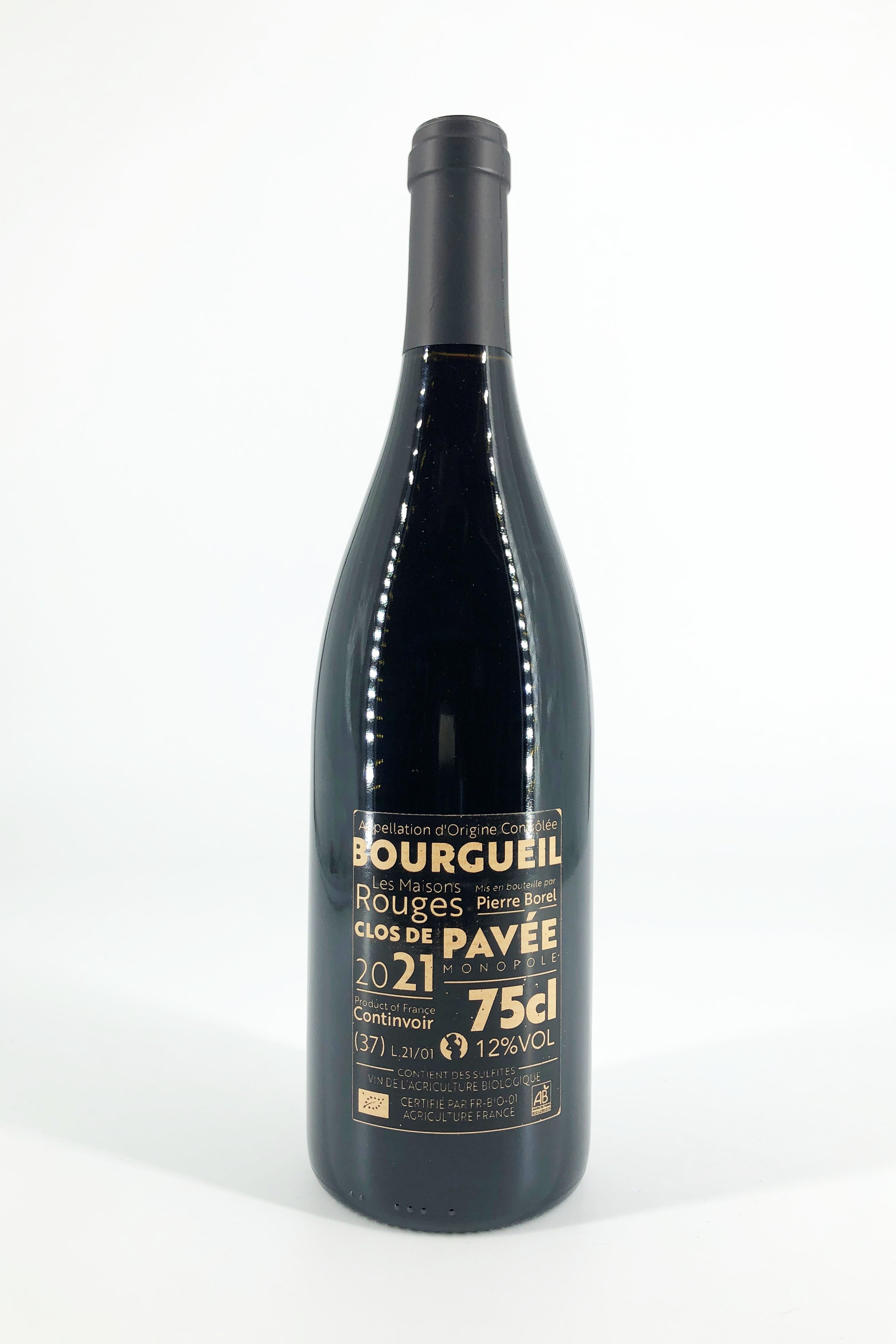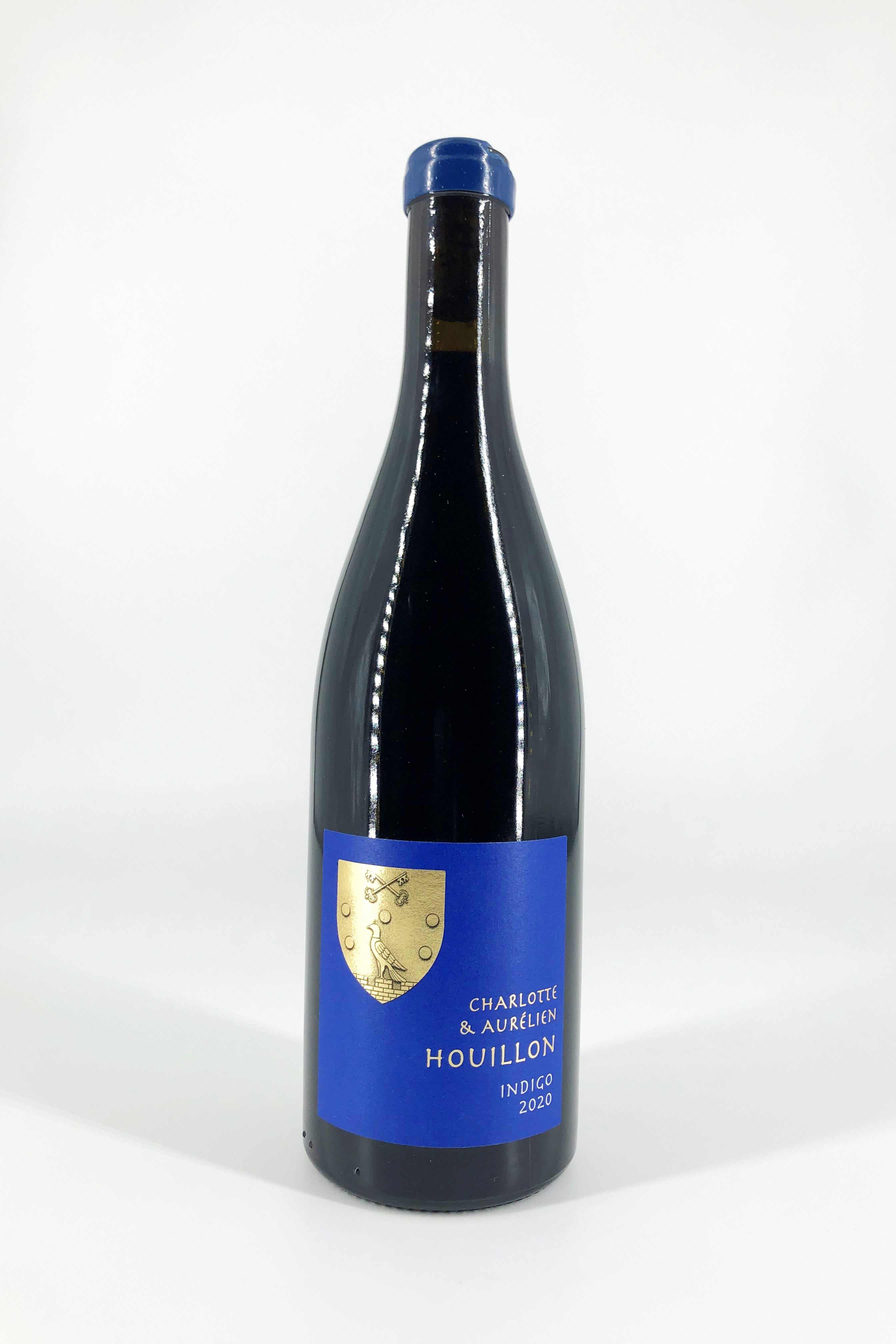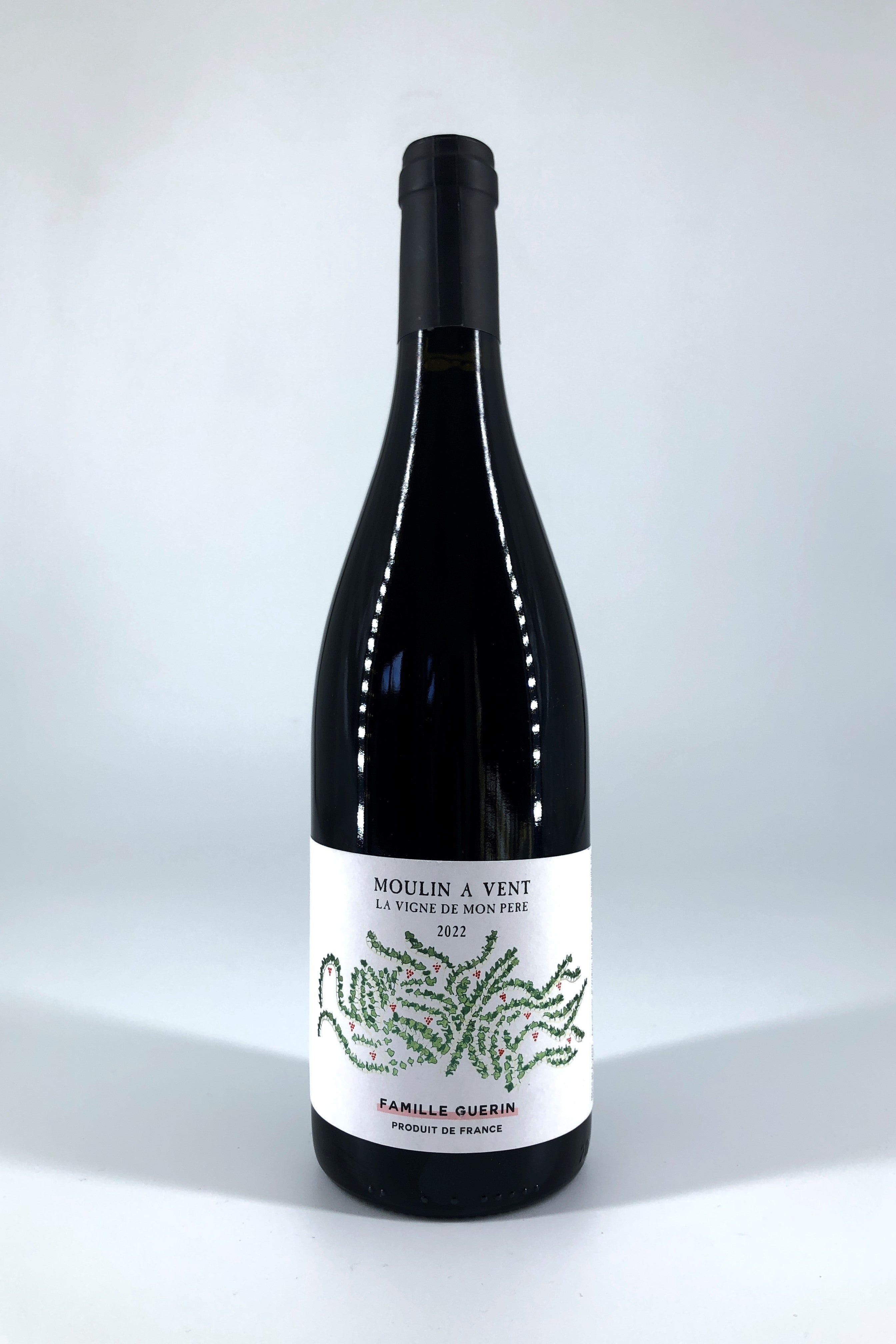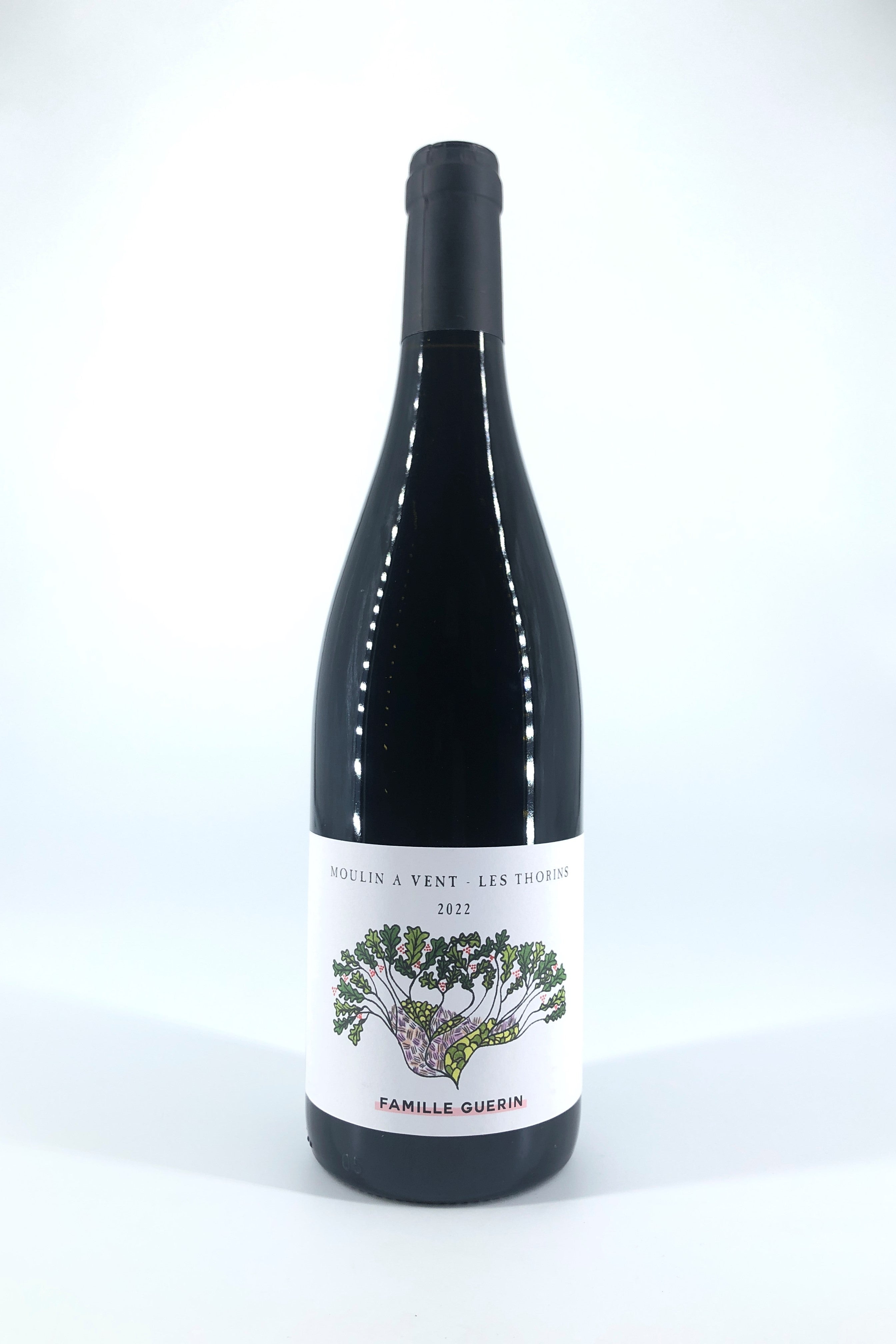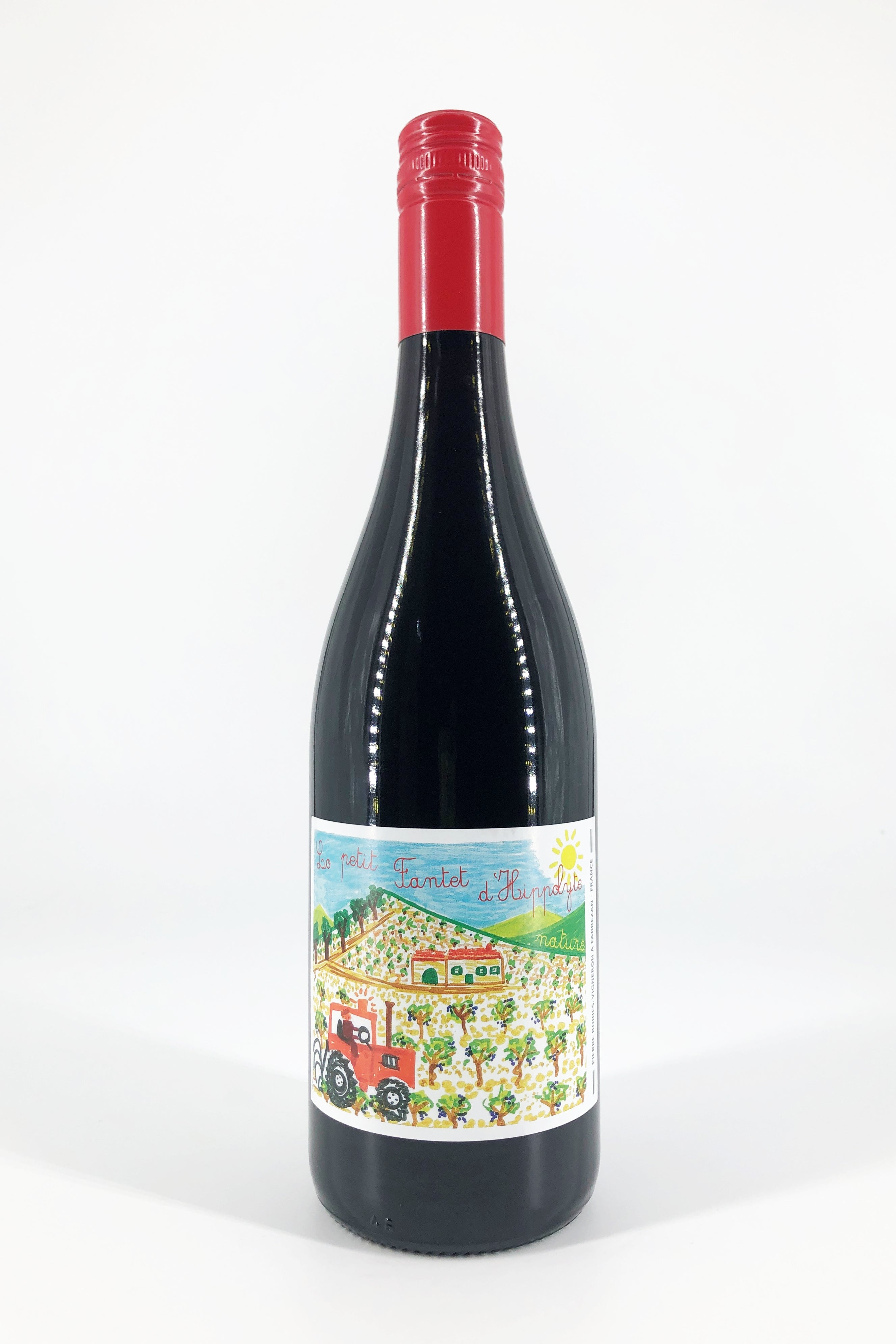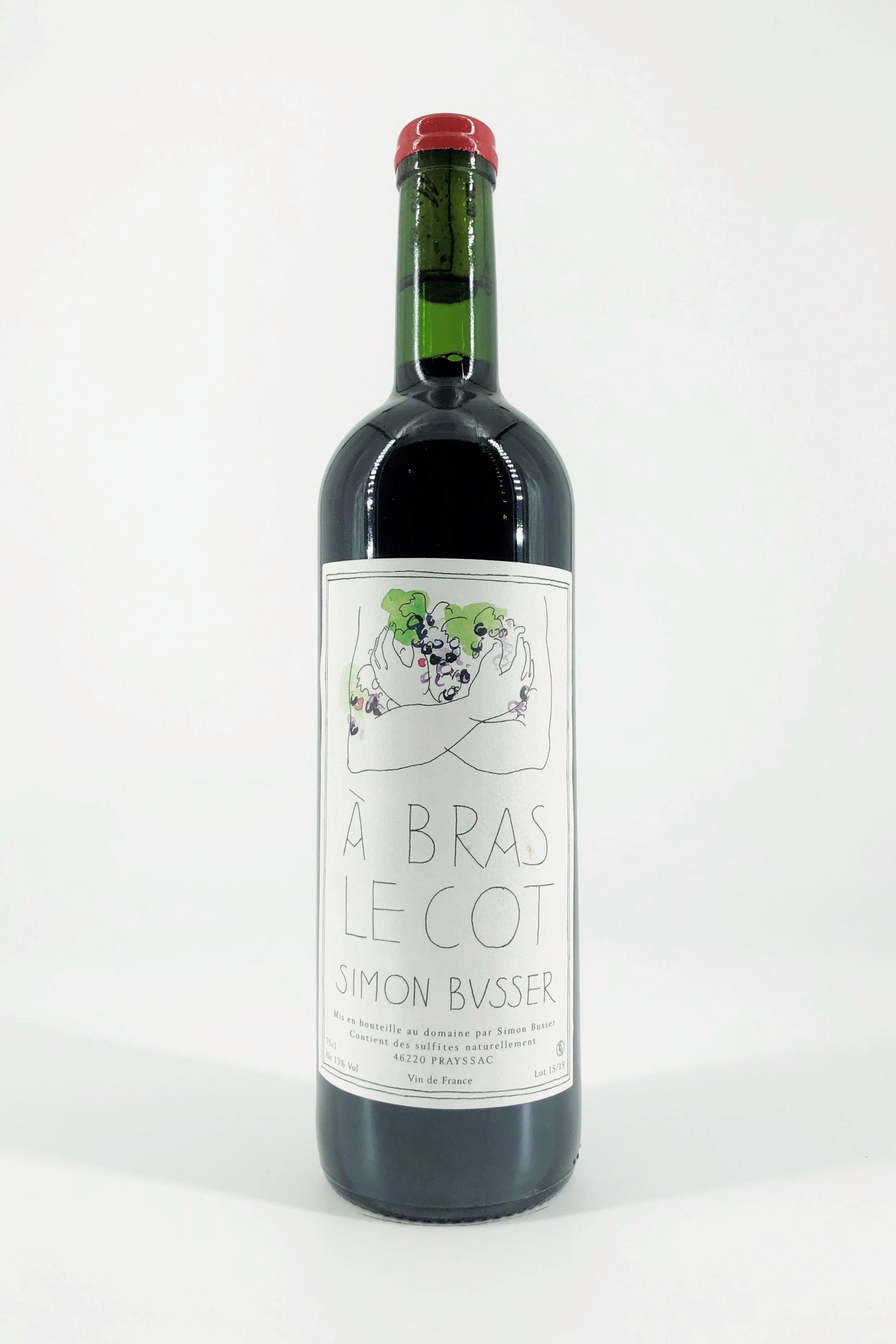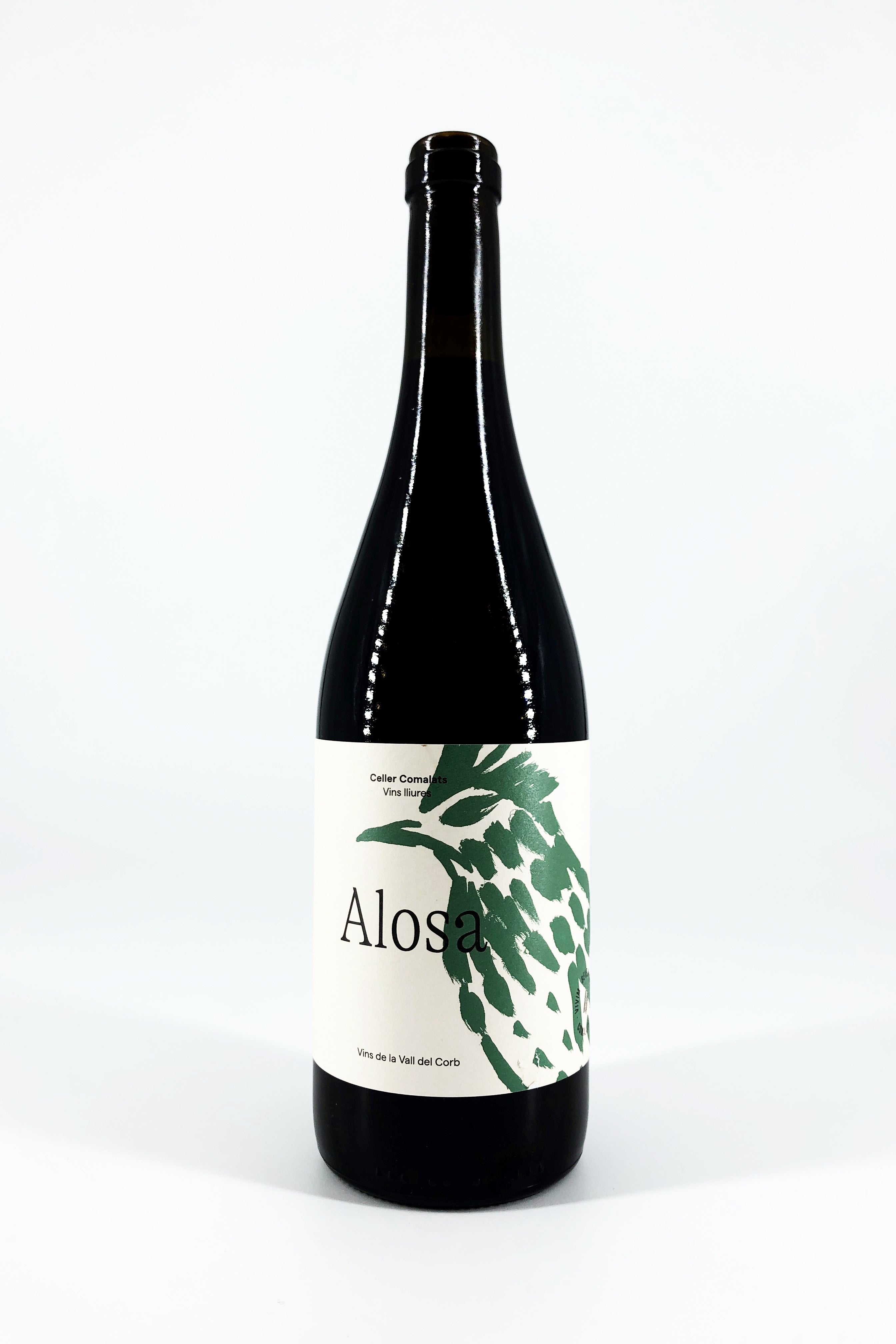About the Wine
Much deeper, more opaque and tannic than the vintage that preceded it, but still with a splash of white grapes in the mix and the same abundance of edges and tension. As soon as the cork is popped the wine is wirey and restless, carrying with it a buffer of reduction and an energetic character. So far, so wild. Given a little time, the aromas from the aromatic Nerello Cappuccio are allowed to open up, giving a pretty balance to the darker, tannic leanings of sibling Mascalese. Fruit is bright, direct and generous, this one perhaps coming from the more playful side of the volcano - more fleck of molten rock than relentless torrent of magma.
About Etnella
Davide Bentivegna, Etnella's founder, used to work for Siemans in Germany, but one day decided to abandon his office job and realise a dream to make wine. Without any experience - or family land - he had to start from scratch, which for him, meant organic farming and natural winemaking. The adventure started in 2008, and the first wine, 'Notti Stellate' Etna Rosso, was bottled in 2010 from the first company vineyard located in Contrada Galfina in Linguaglossa. From then the estate acquired more land, but maintained its artisan organic profile and respected the ancient tradition of farming on Etna, following the lunar calendar to guide work in the vines. They farm attentively and with very low use of only copper and sulphur, with the majority of work performed manually. Grapes are always fermented with their own indigenous yeasts and use of sulphur is strictly limited. With 15 different vineyards in seven different 'Contrade' Etnella actually make 7 cru wines at altitudes varying between 500 to 1000 metres above sea level on the northern footslopes of Etna. The vineyards are trained in alberello style, or bush trained, an ancient method traditionally used on Etna, vines being planted on land terraced with dry-stone walls, constructed from the local volcanic stones. The close proximity of the vines (6,000 - 9,000 plants per hectare) creates firce competition and forces the roots to plunge downwards into the volcanic soil in search of water and nutrients. The extreme weather conditions and severe diurnal shifts (an average of 16°;C between day and night) result in wines of great phenolic profie, complexity and longevity.

